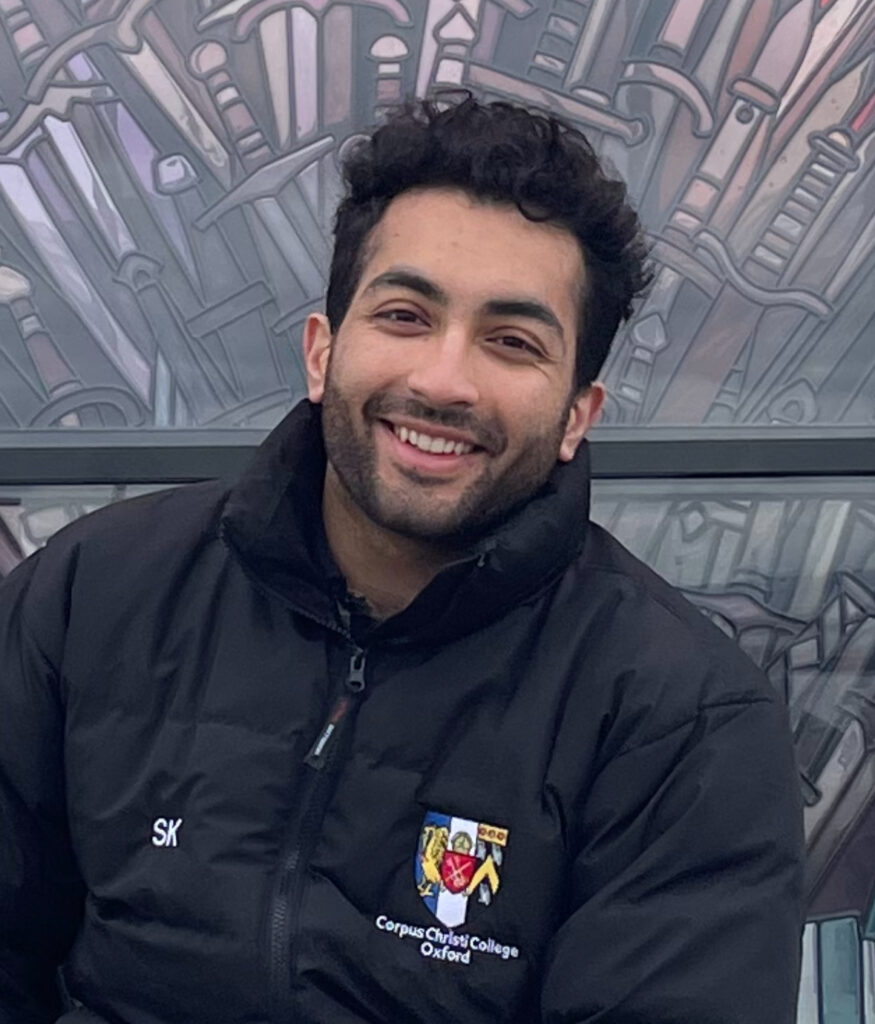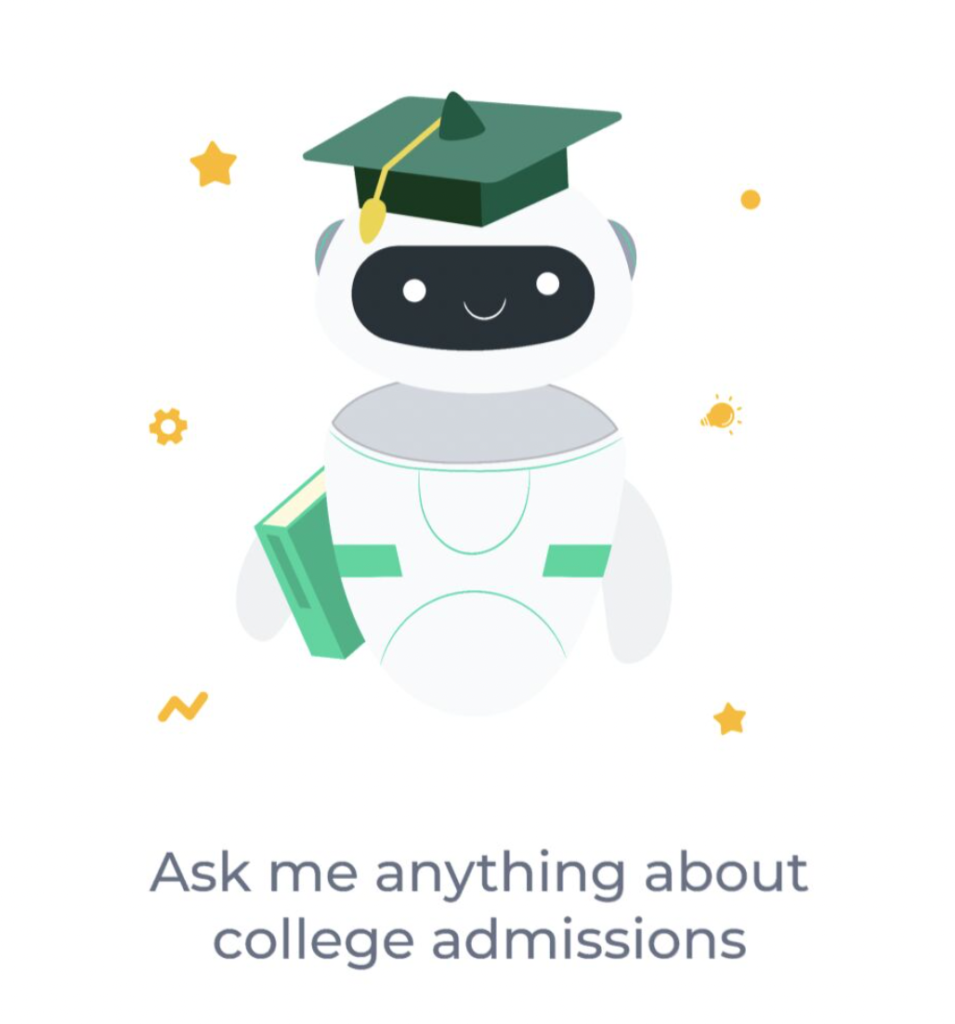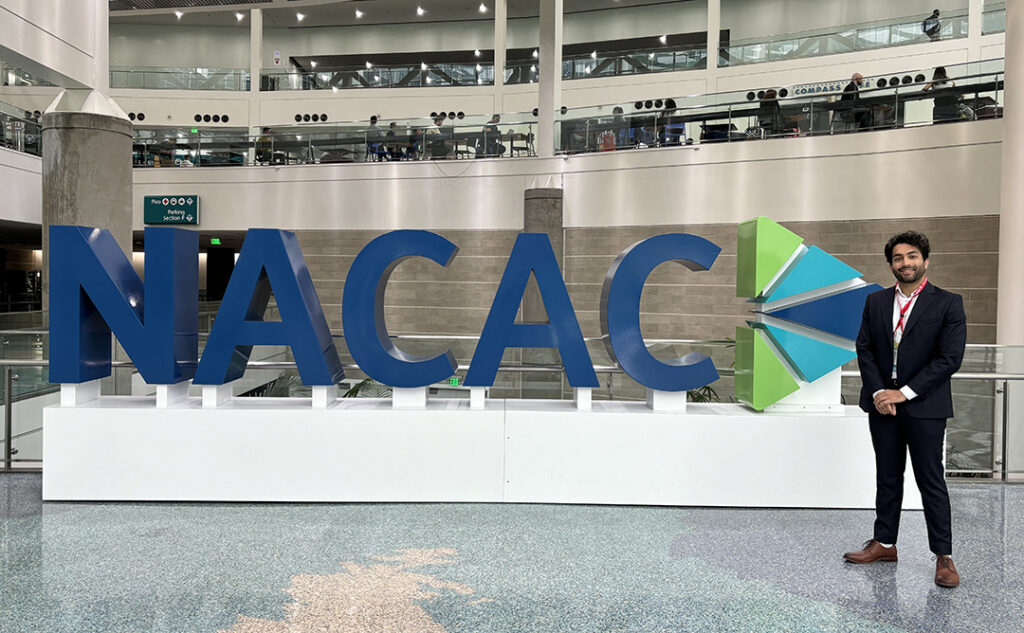Senan Khawaja is the CEO and Co-founder of Kollegio, a platform designed to provide personalized college counseling with the help of AI. He leads a dedicated team of engineers, researchers, and educators, all working to democratize access to higher education by offering students quality educational guidance regardless of their background or financial situation. Earlier this year, Kollegio has secured $750,000 in pre-seed funding from Tuesday and Reach Capital and rapidly scaled, organically onboarding 15,000 users within the first 3 months of launch.

Senan was previously part of the AI Founder Series at StartX, a prestigious accelerator for Stanford-affiliated entrepreneurs, where he received mentorship and support to advance Kollegio’s mission. He also served as the President of the Stanford Chapter of OPEN Silicon Valley, a nonprofit organization connecting and supporting South Asian entrepreneurs, professionals, and students.
A graduate of Stanford University, Senan holds a degree in Econometrics, Quantitative Economics, and International Development. During his time at Stanford, he participated in a study abroad program at the University of Oxford, where he deepened his understanding of international trade and economic theory. His academic experience also includes work with the World Bank in Washington, DC, and the Lisbon Council in Brussels, focusing on global development projects.
Senan is passionate about leveraging technology to create scalable solutions in education and is particularly interested in the intersections of AI, international development, and social entrepreneurship. He remains dedicated to improving educational outcomes for students worldwide and driving innovation in the field of higher education.
1. Tell us about your company and the problem it solves, or its benefit to learners or educators.
Kollegio is a transformative platform focused on democratizing higher education access to students around the globe. We’ve built an integrated system where students and colleges can connect more effectively, addressing the key information asymmetries within higher education.
For students, applying to college can be overwhelming, confusing, and costly, especially since only 6% of the 4 million students enrolling annually can afford private college counseling. Many students end up applying to schools without understanding whether they truly align with the institution’s culture, academic offerings, or long-term career prospects. Meanwhile, thousands of colleges are under pressure to fill their classes but struggle to reach the right candidates. Most of the focus in admissions goes toward the top 50 schools, but there are nearly 3,000 other institutions in the U.S. that also need talented students to fill their rosters. These colleges spend an average of $526 per student per year on marketing just to fill their seats.
Kollegio solves these challenges on both ends. For students, we provide an AI-driven platform where they can build profiles that highlight their achievements, personal experiences, and academic goals. Our algorithms then match them with schools that fit their profiles, giving them a more targeted approach to college applications. For colleges, we offer an efficient way to find and recruit students who match their programs, values, and community needs. Instead of passively waiting for applications, institutions can actively engage with potential students, creating a more dynamic, two-way relationship.
By solving the information asymmetry between students and colleges, Kollegio not only makes admissions more accessible but also more personalized. Our platform is already serving students from all 50 U.S. states and 151 countries, and we’re just getting started. This is the future of higher education: a system where students and schools find each other based on fit, not just chance.
2. Where did the idea come from to create your company?

an expensive counselor
does-for free.
The idea for Kollegio came from my own personal experience and a recognition of the stark inequities in the college admissions process. When I was applying to Stanford six years ago, I had the advantage of working with a private college counselor, which gave me a huge leg up. However, as I entered Stanford and began working in the admissions industry, helping over 100 students get into top schools over the next 3 years, I quickly realized how unaffordable and inaccessible this type of support is for most students.
In California alone, the average student-to-counselor ratio is 400:1 in public schools. That’s an impossible workload for counselors, leaving many students to navigate the complex college admissions process on their own. The few who can afford private counseling—an average of $5,000 per student—have a significant advantage in shaping their applications, understanding what admissions committees are looking for, and securing acceptance into competitive schools.
This glaring inequity drove me to seek a solution. The breakthrough came in 2022 with the release of GPT-3, an advanced generative AI model. I saw an opportunity to combine the deep personalization of college counseling with the scale and efficiency of AI. That’s when I teamed up with my best friend from high school, who was studying computer science at UC Berkeley and had experience in startups, to create Kollegio.
Our vision was to build a platform that would emulate the work of a college counselor—helping students refine their applications, understand their options, and find the right schools—at a fraction of the cost. We wanted to level the playing field so that students from all backgrounds could access the same opportunities, no matter their financial situation. Thus, Kollegio was born, with a mission to bring affordable, high-quality college admissions guidance to every student, globally.
3. Tell us about one challenge and how you overcame that challenge.
One of the biggest challenges we faced in launching Kollegio was overcoming skepticism, particularly from educators and college admissions professionals, about the use of AI in such a critical process. Many feared that AI might diminish the human element of college counseling, reducing students to numbers and algorithms rather than recognizing their unique stories and experiences. Some educators were also concerned that AI might be used to “game” the system or encourage students to take shortcuts, ultimately undermining the integrity of the admissions process.
To overcome this challenge, we focused on two key strategies: transparency and education. We made it clear from the outset that our goal was not to replace human guidance but to enhance it. Kollegio is designed to replicate the best practices of human counselors, offering personalized advice and support based on each student’s individual background, achievements, and aspirations. Our AI doesn’t just crunch numbers—it contextualizes a student’s entire profile, from community service to extracurriculars, and offers tailored feedback on essays and applications.
We also invested heavily in building partnerships with educators, demonstrating how our platform could complement their work. Instead of AI being seen as a competitor, we positioned it as a tool that could handle time-consuming tasks, such as basic essay reviews and initial application evaluations, allowing counselors and teachers to focus on more meaningful, one-on-one interactions with students.
By fine-tuning our AI with proprietary data and building trust through open dialogue with educators, we were able to shift perceptions. Today, many educators and admissions professionals see Kollegio as a powerful ally in making the admissions process more efficient, fair, and accessible to all students.
4. What are you most proud of or what is your company’s greatest achievement?
One of our proudest achievements at Kollegio is the rapid growth and global reach we’ve achieved in such a short time. After launching in June we’ve scaled to over 15,000 users in just three months, entirely through organic growth. What’s even more impressive is the engagement we’re seeing from our users—over 20% of them are spending more than an hour on the platform, and we’ve maintained a 30-35% week-over-week retention rate over a 12-week period.
This kind of traction tells us that we’re solving a real problem for students. We’re not just a tool; we’re becoming a trusted resource for thousands of students worldwide who are seeking guidance and support in navigating the complex admissions process. And we’re doing this at a scale that traditional counseling services simply can’t match.
But what I’m most proud of is the impact we’re having on students from underserved backgrounds. Many of the students using Kollegio come from areas where access to college counseling is limited or nonexistent. These students are now able to build competitive profiles, receive personalized feedback on their applications, and connect with colleges that are a good fit for them—all through our platform. We’re giving these students opportunities they never thought were possible, and that’s what makes this work so rewarding.
Scaling to 10,000 users from all 50 states in the U.S. and 151 countries globally in just a few months is a testament to the demand for a solution like ours. We’ve not only proven that there’s a need for better college access tools, but that Kollegio is leading the way in making higher education more equitable.

5. Where do you see your company in five years?
In five years, Kollegio will be the foundation of a global higher education marketplace, where students from every corner of the world can access high-quality admissions guidance, and colleges can efficiently recruit the best-fit students for their programs. Our vision is to become the infrastructure that powers higher education access, bridging the gap between students and institutions.
We plan to eliminate the information asymmetry that currently plagues the admissions process. Too often, students apply to schools without a clear understanding of what the institution is looking for, and colleges miss out on recruiting talented students who might be perfect fits but don’t know how to stand out in the crowded application pool. Kollegio will solve this by creating a system where both sides can see and understand each other better, leading to more successful matches.
Our platform will also continue to evolve. We plan to further refine our AI algorithms, making them even more capable of providing personalized, actionable insights to students and colleges alike. Whether a student is applying to a local university or a prestigious international institution, Kollegio will be there to guide them every step of the way.
Ultimately, we envision a world where no student is left behind due to lack of access to resources. Every student, regardless of their location, financial situation, or background, will have the opportunity to pursue higher education, and every college will have the tools they need to recruit a diverse and talented student body. By continuing to scale and innovate, we will make this vision a reality.


